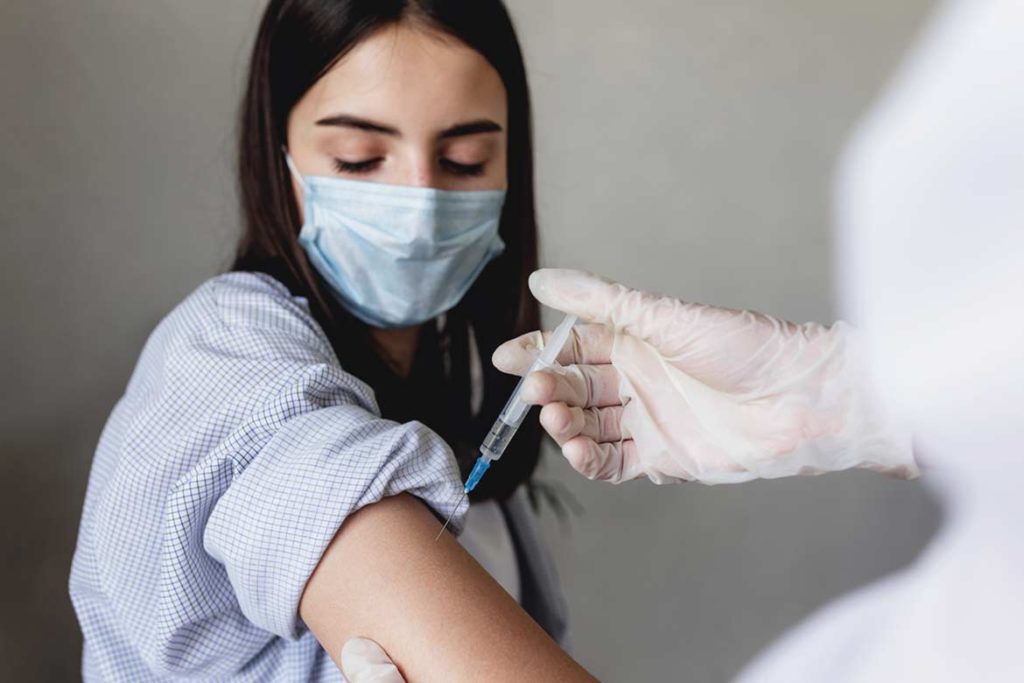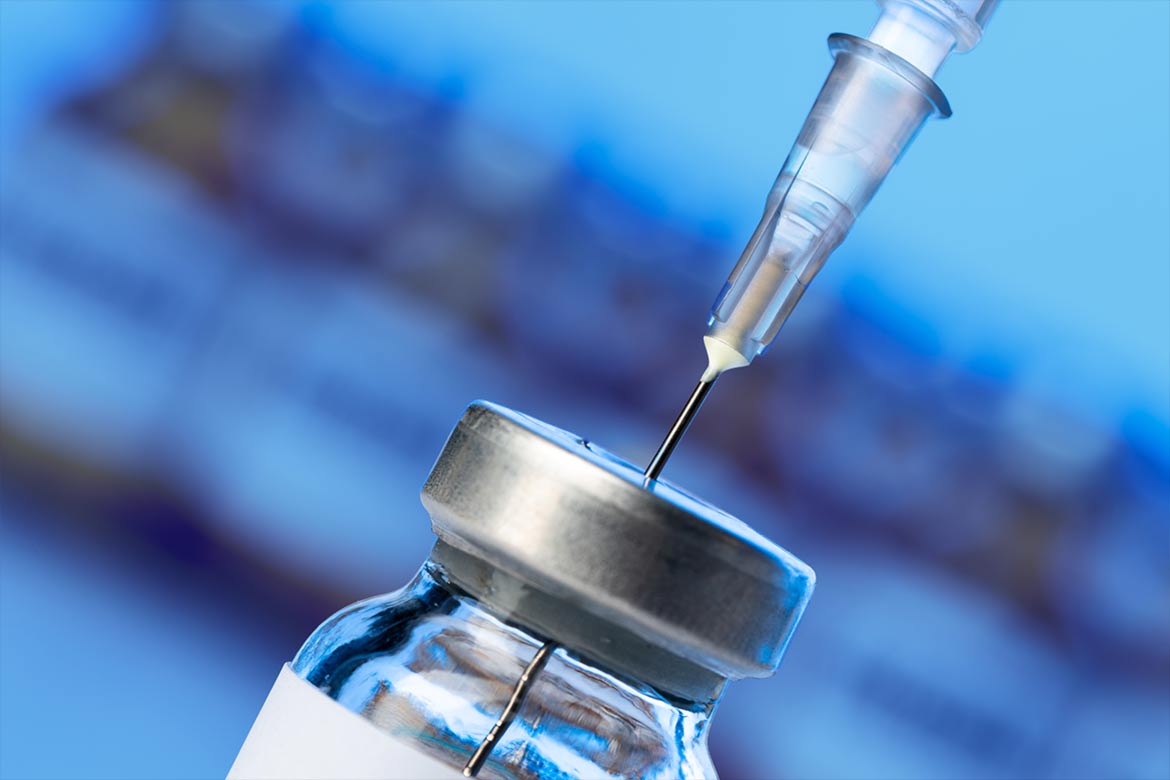In a recent study by the National Institutes of Health (NIH), America’s top health research institute,this has come to the fore that Bharat Biotech’s COVAXIN is also effective on alpha (B.1.1.7) as well as new delta (B.1.617) variant of coronavirus.
The NIH did two studies on the blood serum of people who had taken COVAXIN. In which it has been found that this vaccine is capable of producing antibodies that eliminate alpha and delta variants. The second wave in India became more dangerous due to this delta variant.
The American National Institutes of Health says that our Adjuvant has helped COVAXIN to be more effective. An adjuvant is a chemical that increases the response of the immune system. It is usually used to enhance the effect of the vaccine. It helps the immune system make antibodies, which fight off antigens.
COVAXINis 100% effective in preventing serious infections

Also read: After Approval Of Covaxin And Covishield In India, Here Are 18 FAQs That You Need To Check
The NIH says that the results of the Phase 2 trial of COVAXIN show that it is safe. The data of its Phase-3 trial will also be available this year. Interim results of Phase-3 show that this vaccine is 78% effective against symptomatic infection of the corona, 100% against severe infection and 70% against asymptomatic infection.
COVAXIN may get WHO approval in July
The pre-submission meeting held on 23 June to get COVAXIN approved by the World Health Organization (WHO) was successful. This means that Bharat Biotech has crossed the second stage to get this vaccine approved by WHO. Now in July, WHO will review the data by Bharat Biotech.
COVAXIN is India’s indigenous COVID-19 vaccine developed by Bharat Biotech in collaboration with the Indian Council of Medical Research (ICMR) and the National Institute of Virology (NIV).
As per Bharat Biotech’s website, this vaccine is developed using Whole-Virion Inactivated Vero Cell derived platform technology. Inactivated vaccines do not replicate and are therefore unlikely to revert and cause pathological effects. They contain dead virus, incapable of infecting people but still able to instruct the immune system to mount a defensive reaction against an infection.
